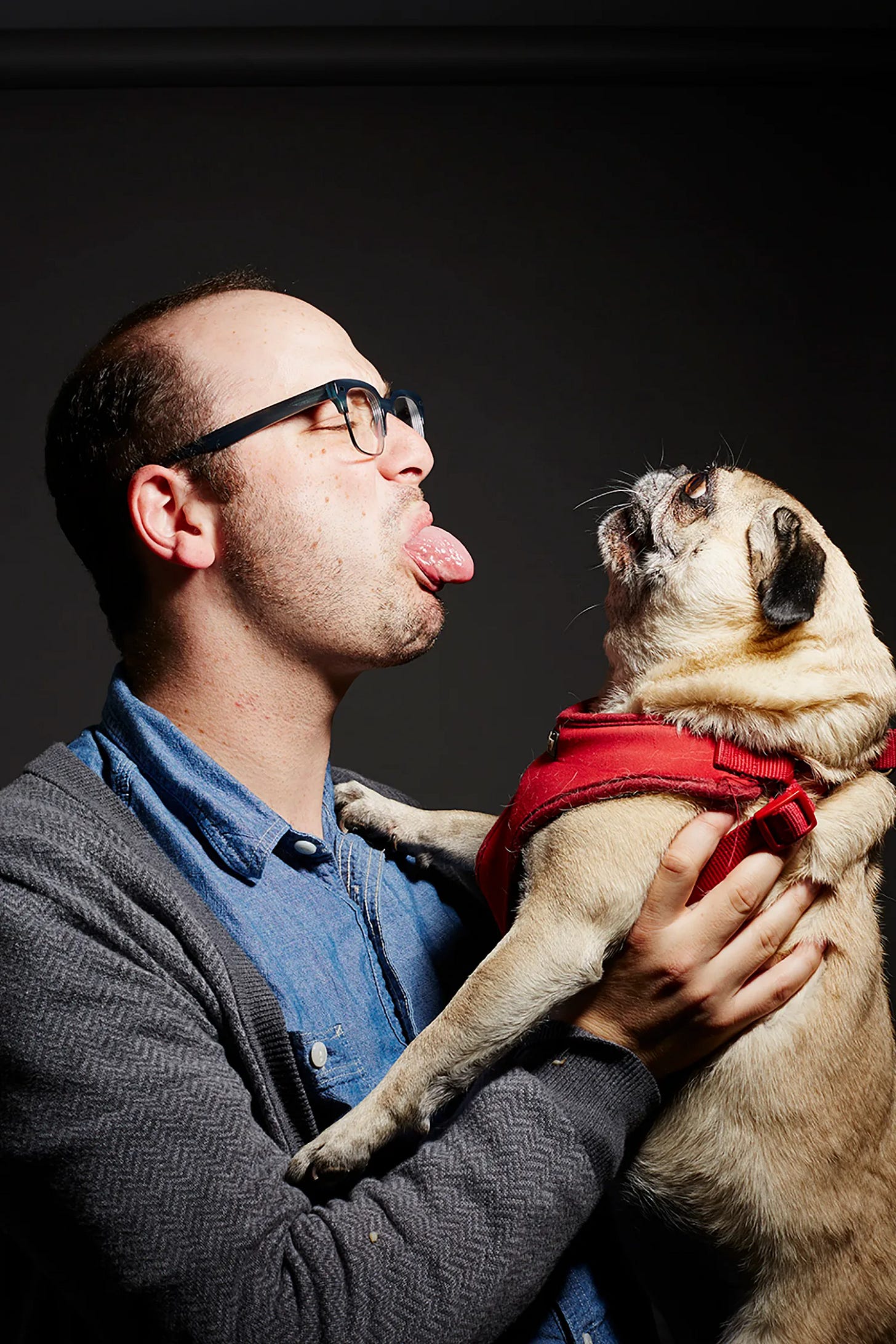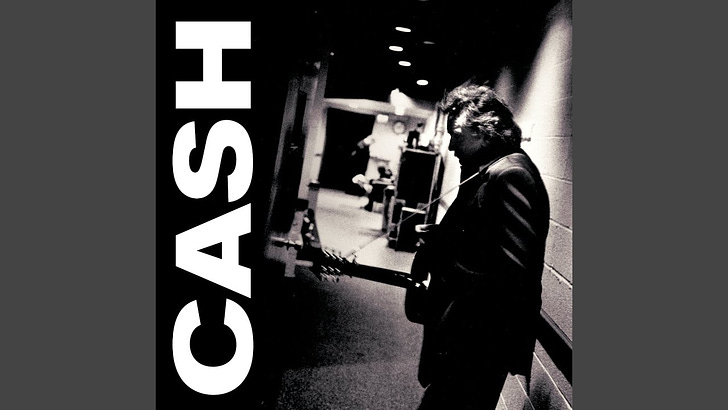
Discover more from Depresh Mode
Teen Mental Health Improves, Classical Music Helps Depression
Also good news: Olympic athletes get healthcare. Bad news: Only at the Olympics
Susan Cain on the podcast
It’s an encore presentation this week featuring writer and thinker and quiet-appreciator Susan Cain.
Look at her there, sitting all quiet. Susan is all about quietness. Here’s what I said about this episode the last time it was on:
My guest on the podcast this week is Susan Cain. She’s the author of the best-selling 2012 book Quiet: The Power of Introverts in a World That Can’t Stop Talking. Susan has a new audio series coming out this week on Audible called A Quiet Life in Seven Steps. In the interview, she previews some of those steps and offers some insight on what could lie in store for us if we could cultivate a way of being where we spend some more time noticing things and less time taking constant action and making constant conversation.
I think the world is dragging us (luring us? tempting us?) toward more conversation all the time thanks (no thanks) to the world of social media and even online reviews. I’m traveling as I write this week’s newsletter and I’m struck by how unquiet a consumer transaction has become. The hotels where I’ve stayed keep contacting me and wanting me to fill out surveys and write reviews of them. The password for the wifi at the hotel where I’m currently staying is “rateus10”.
Susan doesn’t really get into online reviews and the obsessive need for consumers to generate them but thinking on that subject makes me more intent than ever on eschewing these commercial entreaties and trying to be as quiet as possible.
Except for typing a newsletter to you, of course. But I’m doing that silently in a room in a hotel that I will not be rating as a 10 or anything else. I’ll just quietly go about my business.
Teen mental health is improving, says CDC
Well that’s awfully nice to hear.
Plenty of programs have been put in place since the pandemic to try to address the massive devastating mental health tsunami that struck our society. And according to new research from the Centers for Disease Control, they’re working!
The overall number of students who report persistent feelings of sadness or hopelessness has decreased from 42% to 40%. The number of female students who felt the same also decreased, from 57% to 53%.
Hispanic students also reported a drop in feelings of persistent sadness (down from 46% to 42%), lower rates of poor mental health (from 30% to 26%), and decreases in who seriously considered a suicide attempt (22% to 18%) and who made a suicide plan (19% to 16%). Black students were also significantly less likely to report a suicide attempt in this survey (from 14% to 10%), and fewer were injured in suicide attempts (from 4% to 2%).
Any coverage of this research is accompanied by lengthy and emphatic caveats that THERE IS STILL SO MUCH WORK TO BE DONE. And indeed there are plenty of categories even within the study that still look pretty rough but geez Louise, we’ll take any positive sign, thank you very much.
Western classical music can improve depression
I don’t mean classical music played whilst wearing cowboy hats. I just mean the stuff that comes out of Europe and the U.S. It can help with treatment-resistant depression.
You wanna get sciency? Okay, let’s get sciency.
The study focused on 13 patients with treatment-resistant depression who already had electrodes implanted in their brains for the purpose of deep-brain stimulation.
These implants are placed in a circuit connecting two areas in the forebrain—the bed nucleus of the stria terminalis (BNST) and the nucleus accumbens (NAc). Using these implants, the researchers found that music generates its antidepressant effects by synchronizing the neural oscillations between the auditory cortex, which is responsible for processing of sensory information, and the rewards circuit, which is responsible for processing emotional information.
Olympic athletes stock up on free healthcare…
because they’re uninsured back home. I mean, great that they can get the care they need, that all humans are entitled to, but sucks that it takes going to Paris to get it.
Ariana Ramsey of the American women’s rugby team went viral recently with a series of videos talking about getting much needed care like a pap smear, a dental cleaning, and new glasses. All stuff she would have to pay for in cash, lots of cash, back home.
A 2022 study by The Commonwealth Fund found that the U.S. is the only high-income country without universal healthcare. Many American athletes do have access to the United States Olympic and Paralympic Committee’s health insurance policy. But their eligibility for the program is up to their sport’s governing body, and an independent commission appointed by Congress found that “some of the most talented competitors under our flag go to sleep at night under the roof of a car or without sufficient food or adequate health insurance.” More than a quarter of U.S. athletes report earning less than $15,000 per year, and more than 40% said they paid out of pocket for healthcare, with an average cost of $9,200 per person. Only 16% said they’d been reimbursed.
Josh Gondelman on Sleeping with Celebrities
Josh, a comedian and lovely human being, tells us all about his pub Bizzy.
In that he, Josh, the notable comedian and all-around nice guy, GETS his dog, Bizzy. Josh understands Bizzy. Which is important because Bizzy, a pug, is seventeen dang years old. Which is really very old for a dog. As of the taping of this interview and, we hope, the airing of this podcast, Bizzy is still alive and we certainly hope that remains the case for as long as, well, we just like this dog quite a bit. In order to lull you to sleep, Josh explains the life of Bizzy, her peculiarities, her needs, her habits, her preferences, and all that goes into caring for a very good girl in Brooklyn. Who’s a good girl? Bizzy is. Yes, she is. Yes, she is.















